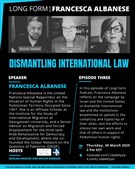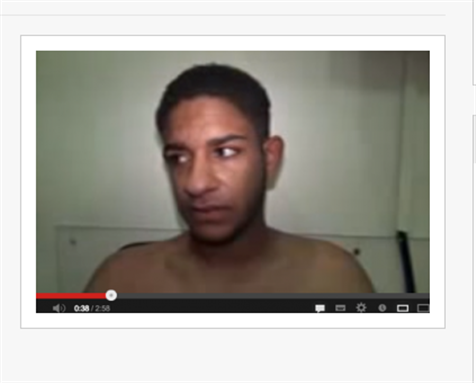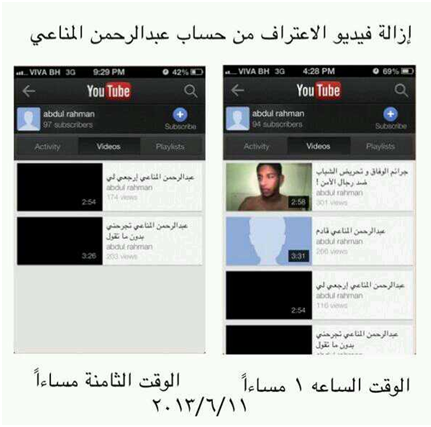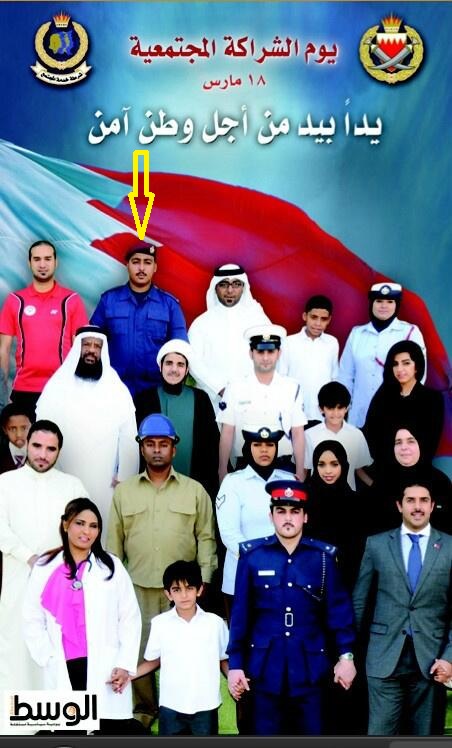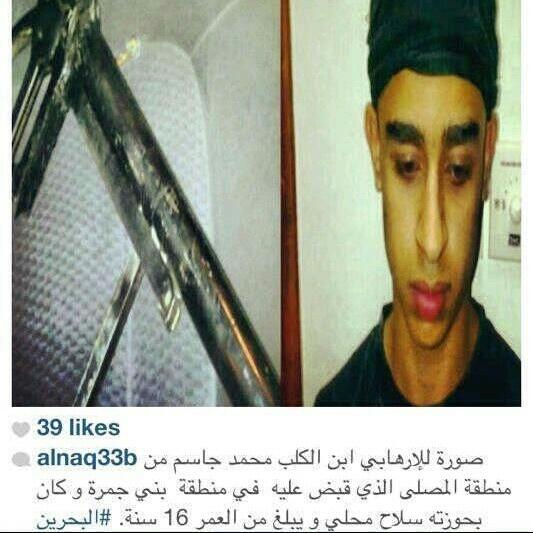[The following joint briefing was issued by the Freedom Foundation, the Union of Journalists, and Reporters Without Borders. It was published by Reporters Without Borders on 13 March 2014]
Two years after Abd Rab Mansour Hadi became president, the situation of freedom of information in Yemen continues to be very worrying, especially as regards violence against media personnel.
With the help of reporting by the Freedom Foundation, a Yemeni NGO, and the Union of Journalists, Reporters Without Borders has registered more than 20 cases of harassment and violence against journalists, not only by armed individuals and groups but also by members of the security forces. All have gone unpunished.
“We urge the Yemeni authorities to take whatever measures are necessary to guarantee the safety of journalists,” said Lucie Morillon, head of research and advocacy at Reporters Without Borders. “Clear instructions must be given to the security forces so that they do not obstruct the work of journalists, who are often deliberately targeted. And every violation of freedom of information must be systematically investigated.”
Reporters Without Borders also condemns the one-year jail sentence and fine of 100,000 rials that an appeal court in Al-Baydha imposed on Online website correspondent Majed Karout on 10 March for posting files on his Facebook page with allegedly false information implicating a former director-general of telecommunications in corruption. Karout told the newspaper Aden Al-Ghadthat he was “not surprised by this unjust conviction as the court took no account of the documents that my lawyer presented in my defence.”
Abuses by Security Forces
Journalists are often harassed and attacked by the security forces in connection with their work. The Egyptian human right organization ANHRI said in a 23 February release: “The attacks and arrests targeting journalists and media workers are designed to gag dissent, and take place amid complete silence from the Yemeni authorities.”
An Al-Arabiya TV crew consisting of reporter Ihab Al-Chowafi, producer Jamal Noman, cameraman Fouad Al-Khader and assistant cameraman Fathi Al-Jaberi was attacked by police outside the lawcourts in Sanaa on 2 March while covering the arrival of a convoy of detainees. They were insulted and beaten and their camera was seized.
Police in the southern port city of Aden stopped Aden Al-Ghad editor Fathi Lazrak on 22 February, searched his car and seized his gun although he showed them his permit to carry a firearm. When he asked them to show a warrant, they scribbled one on the back of biscuit packet and threatened to kill him.
The same day, the “14 October” printing company refused to print the newspaper, saying it had been “notified of a prohibition on printing Aden Al-Ghad.” When journalists and activistsdemonstrated the next day in support of the newspaper and against the ban, police used tear-gas to disperse them.
While Mohamed Elafy, a journalist with the Saba news agency, was covering a demonstration in Sanaa on 3 February, he was attacked by police, who beat over the head. He had to be hospitalized.
Abdulsalam Al-Ghubary, a journalist with the Ansar Al-Thawra website, was punched and beaten with batons by police in Sanaa on 4 December while covering a demonstration by motorcyclists against the extension of a ban on motorcycle traffic.
Four days before that, police beat Yahya Aarab, a photographer with a European agency, and took his camera while he was covering an earlier protest by motorcyclists.
Adel Abdel Moughani, a journalist with Al-Wahdi and editor of the magazine Al-Chourouk, was detained for several hours by security officials at Sanaa’s airport on 10 November on his return from a journalism conference in Morocco. He was previously detained in a similar manner on his return from a journalism conference in Morocco in September.
Abuses by Armed Groups or Unidentified Individuals
YMC TV reporter Fahmi Al-Buhayri and his cameraman, Farhan Khaled, were prevented from covering a demonstration in Sanaa on 10 February when they were attacked and beaten by unidentified individuals. The day before, Al-Sahat TV reporter Haikal Al-Ariki and his cameraman,Basheer Al-Jahlani, were threatened, insulted and beaten by two individuals while interviewing members of the public in Taez,
Vehicles distributing the Sanaa-based national daily Akhbar Al-Youm have been attacked and hijacked by gunmen three times in the past six months. On 5 October, gunmen seized a bus transporting copies, held it for an hour, removed all of its contents and then set fire to it. They also kidnapped one of the persons in charge of distribution, holding him overnight.
Eight gunmen intercepted another distribution vehicle on 5 November, seizing 1 million rials in cash (3,500 euros) and all of the copies of the newspaper. An armed group held up another distribution vehicle on 5 February, again taking all the copes it contained.
Yasser Al-Maalami, the 13-year-old son of the head of the Saba news agency, was the target of an abduction attempt on 13 February, managing to escape his would-be kidnappers by calling to passers-by. Saba journalist Fatek Al-Radini was himself the target of a kidnap attempt in Sanaa on 5 February. As he was returning home the next day, he was violently attacked by four individuals, who took some of his personal effects before fleeing in two vehicles.
Akrem Jahlan, a photographer for the Chabab Al-Taghir website, was filming individuals in the process of attacking a woman and her child on Freedom Avenue in Sanaa on 17 February, when the assailants turned on Jahlan, threatening and attacking him.
Unidentified individuals abducted Saraa Al-Shahary, a reporter for Al-Massira TV, from her car in Sanaa on 3 December, tortured her, took all of her personal effects and finally deposited her beside the airport road the next day.
![[Logo of Reporters Without Borders. Image from rsf.org]](https://kms.jadaliyya.com/Images/357x383xo/Reporters_Without_Borders-Logo.jpg)


